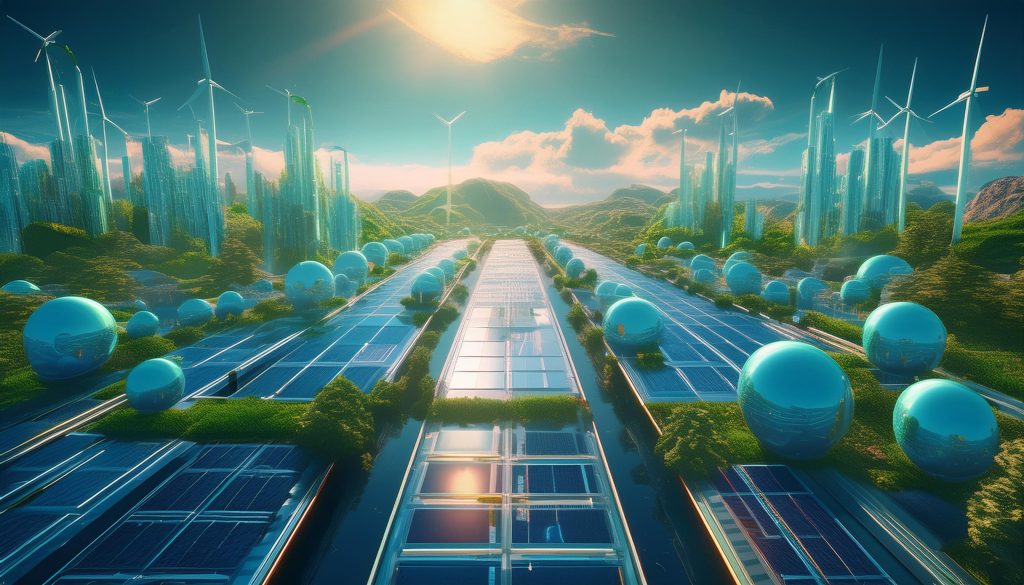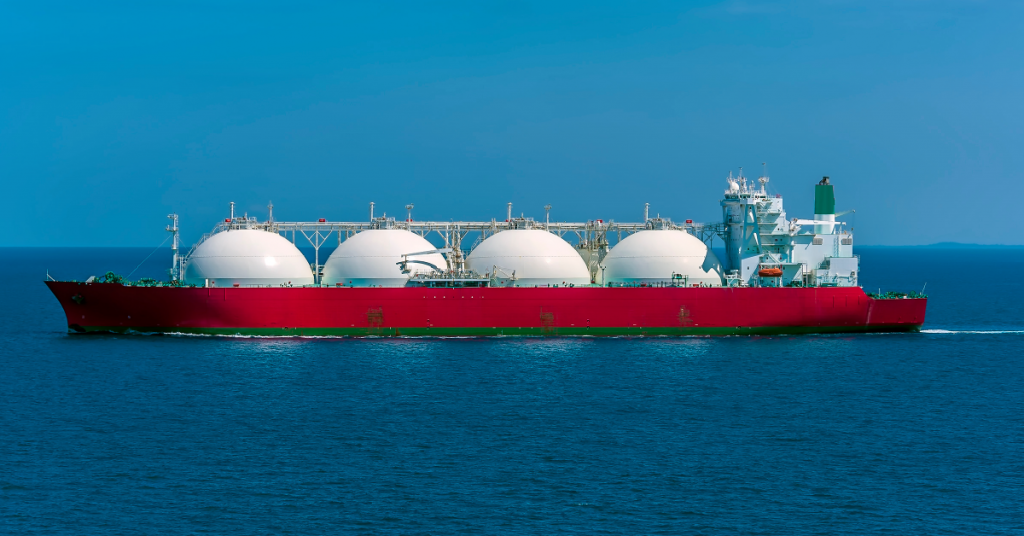Intensive Trainings

- This event has passed.
The Hydrogen Economy
22nd July 2024 - 25th July 2024

Why Choose this Training Course
This is a hydrogen training course. The Hydrogen Economy seeks to use hydrogen to replace fossil fuels for power generation and transport with a fuel that produces no carbon dioxide emissions. Hydrogen is used widely in the process industries. It is often produced at a considerable scale and often transported by pipelines from produces to users. The first modules of the course will review the current production and uses of hydrogen in the process industries which may be used as a basis for an emerging Hydrogen Economy.
Modules on hydrogen production from renewable sources will outline the technology and costs of alternative approaches to the production of hydrogen. The cost will be critically compared to conventional production methods as they presently stand and with the incorporation of carbon capture and storage.
Who Should Attend
The main aim of a Hydrogen Economy is to replace fossil fuels with hydrogen as the fuel source. The hydrogen training is aimed at industry and government commercial managers, economists and engineers interested in gaining an understanding of the costs of the hydrogen economy and the relative costs of various production, storage and transport costs to local and distant markets.
The hydrogen training would assist business professionals interested in developing commercial opportunities in any emerging hydrogen industry. The course would also benefit research and development engineers and scientists in helping to identify key hurdles which would benefit from further R&D activities to reduce costs to the consumer.
Key Learning Objectives
- How hydrogen is currently produced and its cost of production
- Learn how hydrogen is used in fuel cells for stationary and vehicle applications
- Analyse the cost of hydrogen to a consumer from different production, storage and transport scenarios
- They will acquire check-lists of the parameters which most frequently cause basins to succeed or fail, that they will be able to use in data rooms and in the assessment of licence or farming blocks.
- How hydrogen may be produced from renewable sources – electrolysis, bio fuels, photolysis and estimated cost of production
- How hydrogen can be stored and the estimated storage costs
- Understand possible future transport methods and their costs for international trade – as compressed gas, as liquid or via ammonia or naphthenes
- Analyse how hydrogen will compete with conventional fuels for stationary and vehicle applications
- How hydrogen is transported by pipeline and the cost of transport
- Develop an understanding of the key hurdles in developing a hydrogen economy



